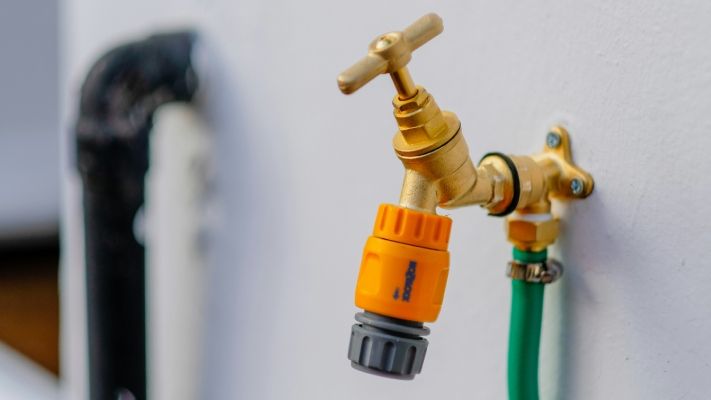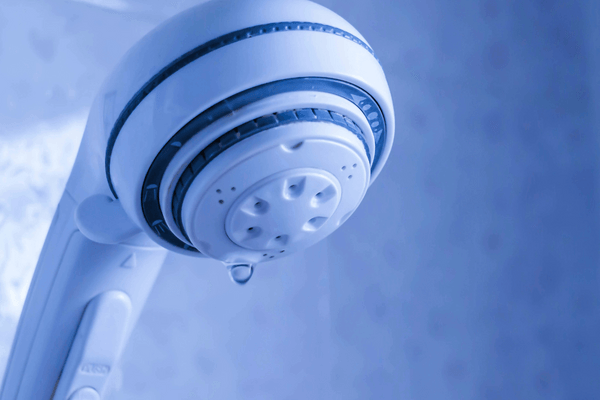Master Plumbers Blog
6 Weather-Related Plumbing Issues to Watch Out For
New Zealand is one of the top places in the world that provides high-quality life to its residents. In fact, it clinched the top spot for the country with the best work-life balance. However, New Zealand is not without its challenges.
For example, living in areas farther south like Dunedin, you can expect colder winters and hotter summers. What’s more, the South Island has had its fair share of earthquakes as well.
As a homeowner, you therefore have to be ready to deal with house maintenance and repairs due to natural disasters and harsh weather. While Kiwis may have a love affair with do-it-yourself (DIY) projects, when it comes to plumbing issues, there will be times when you need professional help.
Are you prepared for weather-related plumbing emergencies? To prepare you for any eventuality, here’s a list of plumbing issues you may encounter while living in the south of New Zealand:
Frozen Pipes in Winter
New Zealand's winters can be biting, and with them comes the risk of frozen pipes. When temperatures drop, water inside pipes can freeze and result in potential leaks or bursts.
To safeguard your plumbing during the colder months, insulate pipes in vulnerable areas, such as crawl spaces and attics. In addition, you should keep your interior temperatures consistent. Meanwhile, to relieve pressure in the pipes, let your faucets drip during extremely cold days.
In case your pipes burst despite taking prevention, seek professional help to repair your pipes. Fortunately, there are many experts in plumbing Dunedin residents trust. Indeed, the place is home to third-generation plumbers who made it a family tradition to bring high-quality service.

Hard Water Deposits
Hard water, characterised by high mineral content, is a common woe in many New Zealand regions. While not harmful to health, these minerals can wreak havoc on your plumbing fixtures and appliances.
You can combat hard water deposits by installing water softeners to reduce mineral content. To prevent buildup, regularly clean faucets, showerheads, and appliances. You can also consider using vinegar or descaling agents for periodic maintenance. By addressing hard water issues, you not only extend the life of your plumbing but also ensure optimal performance from your household appliances.
Clogged Drainage Due to Hard Rainfall
New Zealand's lush landscapes come at a price: heavy rainfall. During these downpours, gutters and drains can get clogged due to debris getting caught in the rush of rainwater. This can pose a threat to your plumbing system.
To prevent this from happening, make it a habit to clean gutters and drains. Better yet, install gutter guards to prevent leaves and twigs from causing blockages in the first place. Another important detail is to ensure that your home has proper grading that directs water away from the foundations.
Low-Water Pressure Due to Drought
Periodic drought conditions in New Zealand may not only impact water supply but also lead to low water pressure in residential areas. During these periods, you should be mindful of your water usage and adhere to any water restrictions implemented by your local authorities. Moreover, you should have your plumbing system inspected and repaired promptly to avoid water wastage.
With proper permits, consider installing a water booster pump to ensure uninterrupted daily activities like laundry and dishwashing. A washing machine and dishwasher require stable water pressure to function optimally, and a water booster pump can help with consistency.

Broken Pipes Due to Earthquakes
Regular seismic activity is a well-known aspect of living in New Zealand. Unfortunately, earthquakes pose a significant threat to your plumbing infrastructure. Make sure you are prepared by securing water heaters and large appliances to the wall, installing flexible water supply lines to prevent rigid pipes from breaking, and conducting regular checks for leaks or damage after seismic activity.
Lead Contamination in Tap Water
While not directly weather-related, lead contamination is a critical issue that can affect tap water quality.
In 2021, the region of Otago had a lead contamination scare, which affected residents for several months. It was found through water testing that the tap water had traces of lead that was 40 times the safe level. Investigations revealed that cast-iron and asbestos-lined pipes were to blame for the contamination.
To avoid the effects of lead poisoning, you should have your water tested for lead, especially in older homes. If you have lead contamination, replace old components with lead-free plumbing fixtures. At the very least, flush your pipes before using water for drinking or cooking, especially if it has been stagnant.
Navigating New Zealand's weather-related plumbing challenges requires a combination of awareness, preparation, and proactive maintenance.
By understanding the plumbing issues associated with the country’s climate and geography, residents can take steps to safeguard their homes and plumbing systems. So, stay informed, implement preventive measures, and ensure your plumbing is resilient in the face of New Zealand's ever-changing weather.





